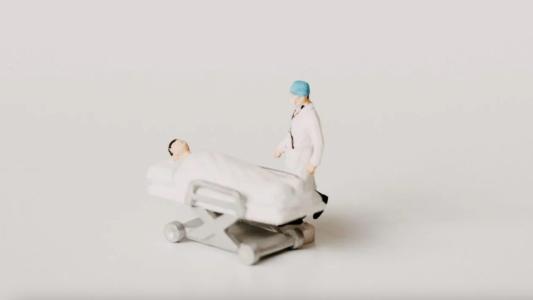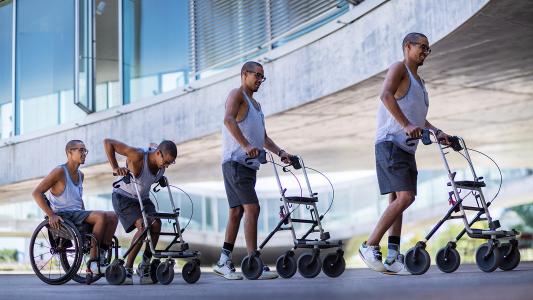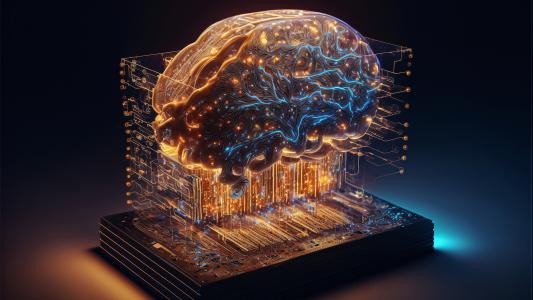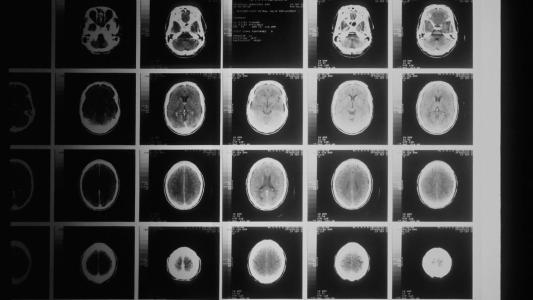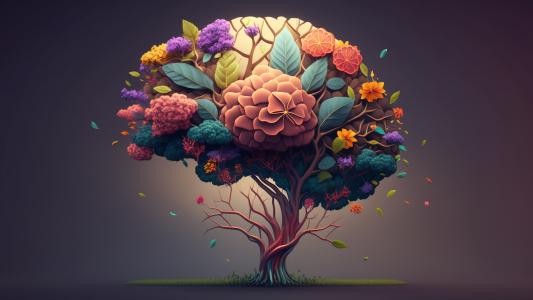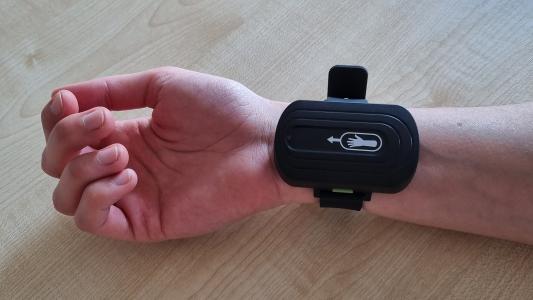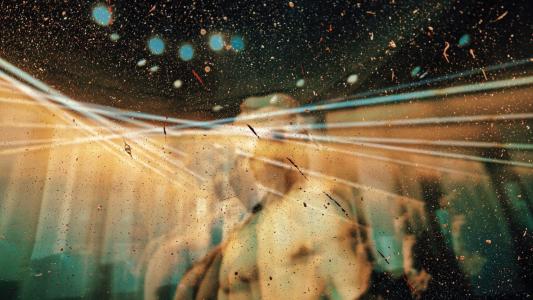Neuroscience
Death: how long are we conscious for and does life really flash before our eyes?
When does our consciousness disappear? And are we really flooded by memories in our final moments? Scientists hope to find out.
How close are we to reversing paralysis?
Thanks to groundbreaking innovations in neuroscience, we’re seeing that forms of paralysis long assumed to be permanent can be reversed.
Our new brains: neurotechnology advances that could change everything
Here are the latest developments in neurotech, from brain-computer interfaces to brain-inspired AI.
3D-printing the brain’s blood vessels with silicone could personalize neurosurgery
3D printing could make blood vessel replicas with the soft feel and the structural accuracy surgeons need.
Have scientists found a “brake pedal” for aging?
A new protein discovery may have highlighted a "switch" in brain cells that slows down inflammation and aging.
Wristband device helps to control Tourette’s tics in clinical trial
A new wrist-worn device from the University of Nottingham uses electrical pulses to help curb Tourette syndrome symptoms.
The case for viewing depression as a consciousness disorder
A new hypothesis explains depression as an altered state of consciousness, which could help researchers make an objective diagnostic test.
First ever therapy for rare genetic disorder now approved
The FDA has approved the first drug for Rett syndrome, a genetic neurodevelopmental disorder, which disproportionately affects women and girls.
Psychedelics open a new window on the mechanisms of perception
Some neuroscientists think psychedelics and the hallucinations they induce could help reveal how we generate our perceptions of the world.
Here’s how your sleep affects your immune system
Researchers found that patients who slept less than six hours a night were 27% more likely to have an infection.
